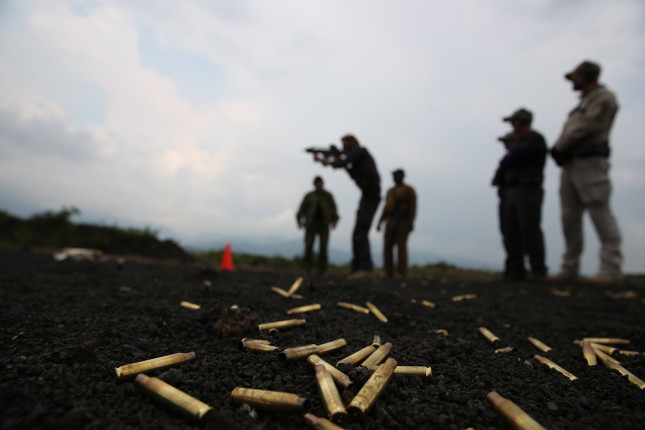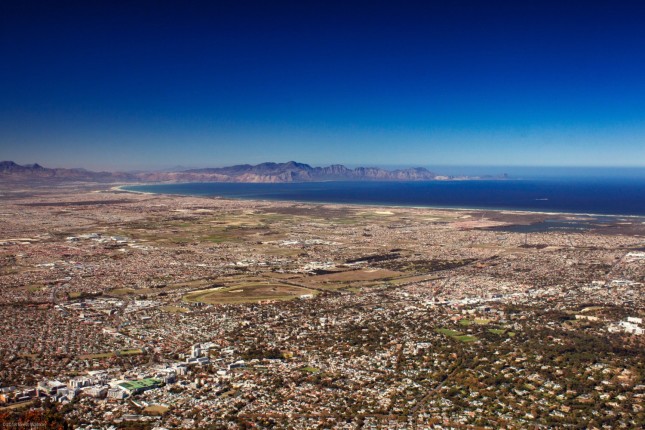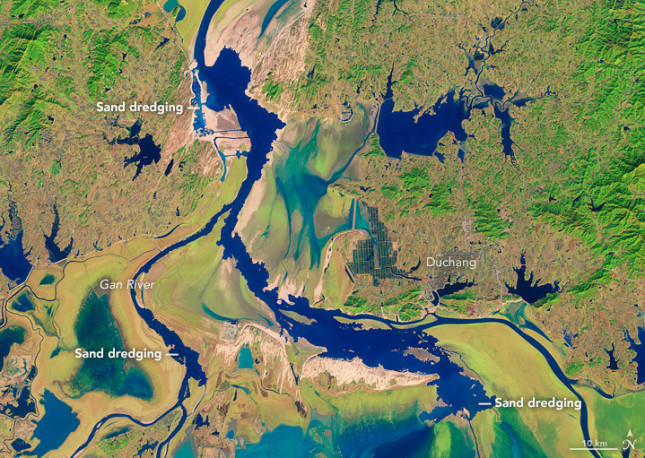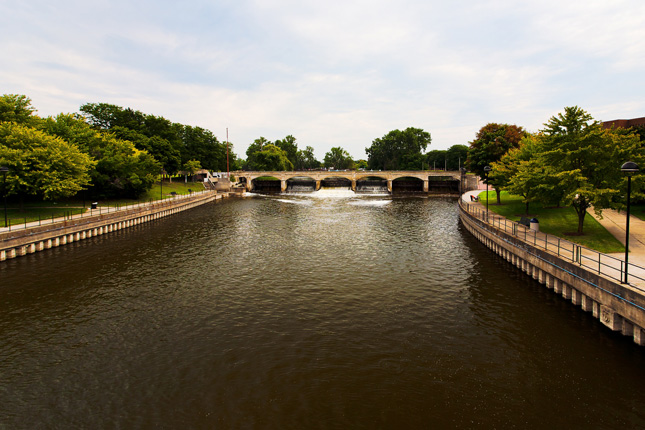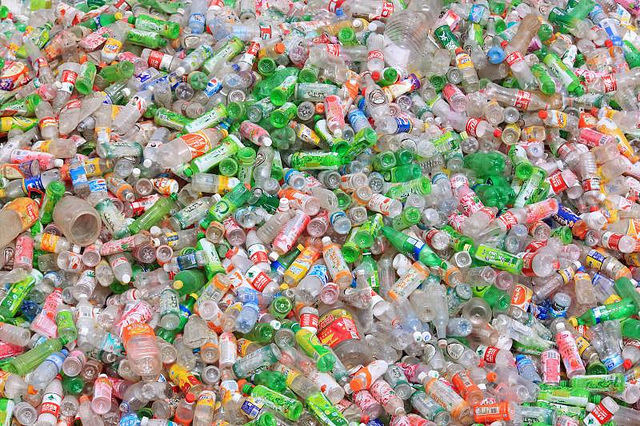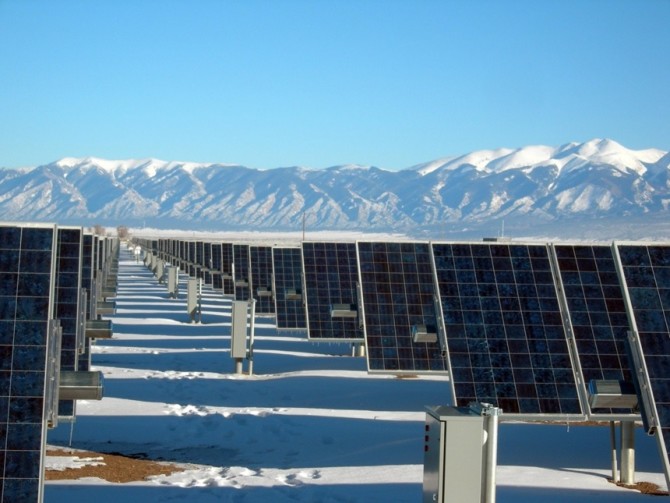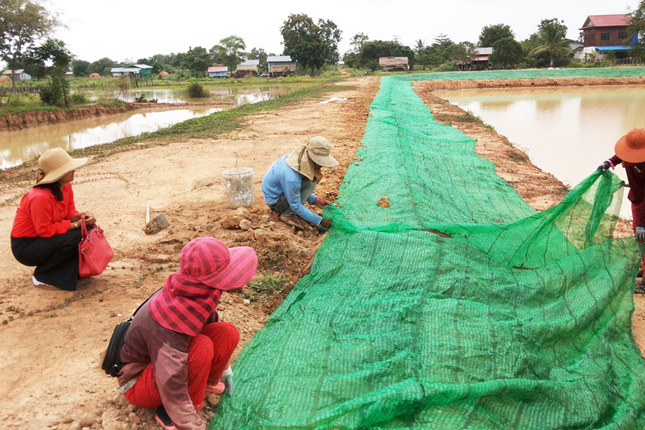-
China Is Winning the Race for Water Security in Asia
›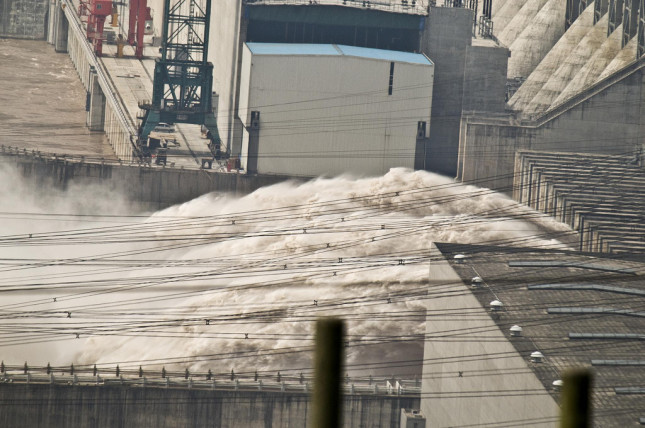
Great power competition in Asia is not only about control of critical waterways in the South China Sea, but also about who controls Asia’s fresh water. The future of Asia’s water—upon which about four billion people depend—lies in China’s hands. Through its presence in Tibet, China controls the headwaters of ten of the eleven major rivers of Asia. So far, China has taken a relatively cooperative approach to sharing water with its neighbors as part of the systematic consolidation of its “soft power” over downstream countries. But climate change and rapid growth are threatening to upset this delicate diplomatic balance. What happens when China’s own thirst outpaces its resources? And how will China’s choices affect U.S. interests in the strategic Asia-Pacific region?
-
Green Conflict Minerals: Investigating Renewable Energy Supply Chains in Fragile States
›
The shift to a low-carbon economy is not only underway, it is accelerating. Last year, Costa Rica generated more than 99 percent of its electricity using renewable sources; Germany expanded its onshore wind power capacity by 5,300 MW, and in the United States, more than 62 percent of new power plants under construction will produce renewable energy. What does this rapid increase mean for the countries that supply the inputs required to build these new facilities—particularly those countries that are struggling with fragility or corruption?
-
Cape Town’s Harrowing Journey to the Brink of Water Catastrophe
›
This is what a water panic looks like in a major global city.
People hoard water. They queue for hours, well into the night, to fill jugs at natural springs. Like mad Christmas shoppers, they clear supermarkets of bottled water. They descend on stockers before they can fill the shelves.
-
The Crushing Environmental Impact of China’s Cement Industry
›
China—the world’s fastest-growing economy with the largest population—leads the world in cement production, the critical ingredient that has built China’s mammoth cities, sprawling roads, and other infrastructure. China pours 60 percent of the world’s cement; the country’s production in 2011-2013 surpassed U.S. production for the entire 20th century. While it paved the way for Chinese growth, it came at a dangerous cost: 1.6 million Chinese citizens die each year from respiratory illnesses linked to small particulate matter emissions, of which 27 percent come from cement production.
-
Water Security in a New Age of Nationalism
›
The idea of a “new middle” or “third way”—a blend of neo-liberal economic doctrines and social policies that was supposed to overcome the dichotomy between mixed economy and free market paradigms—more or less dominated U.S. and European politics for the last two decades. But today, this centrist consensus has been upended by a wave of populist, nationalist parties. Many have won over their electorates by questioning the benefits of free trade and globalization (as well as the international institutions that espouse them), while pursuing expansionary domestic economic policies.
-
China’s Waste Import Ban: Dumpster Fire or Opportunity for Change?
›
In early January of this year, China’s “National Sword” policy banned imports of non-industrial plastic waste. The ban forces exporting countries to find new dumping grounds for their waste, which is estimated to total nearly 111 million metric tons by 2030. China’s decision has exposed deep structural flaws and interdependencies in the global waste management system. Western countries that have long depended on China to take their garbage are now struggling to deal with mounds of plastic trash, while China lacks the low-priced labor needed to effectively sort and process waste.
-
Energy Innovation in Remote Arctic Communities
›
Without connections to wider electrical grids, communities in the remote, rural Arctic depend on diesel generators for power—which makes electricity “ten times more expensive” than in the rest of Canada or the United States, said Martha Lenio of the World Wildlife Fund-Canada Arctic Team during a recent Wilson Center Ground Truth Briefing. In addition, spilled diesel “can harm wildlife, impact food and water security, and compromise permafrost integrity,” said Lenio. These challenges have led some communities in the Arctic to seek cheaper, safer, and more innovative energy solutions, said panelists during the briefing organized by the Wilson Center’s Polar Initiative and Canada Institute.
-
Sustainable Water, Resilient Communities: The Challenge of Erratic Water
›From the Wilson Center // Water Security for a Resilient World // June 7, 2018 // By Rebecca Lorenzen
Water variability is increasing “due to climate change and to more frequent natural disasters,” said Jonathan Cook, Senior Climate Change Adaptation Specialist with the U.S. Agency for International Development, at the fourth and final event in a series on water security organized by the Wilson Center and the Sustainable Water Partnership. To solve the problem of increasingly erratic water, “business as usual is really not acceptable anymore,” said Will Sarni, founder of WetDATA.org, who called for new, innovative ideas: “Hope is not a strategy.”
Showing posts from category consumption.


